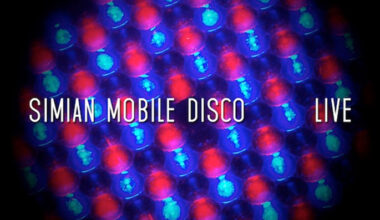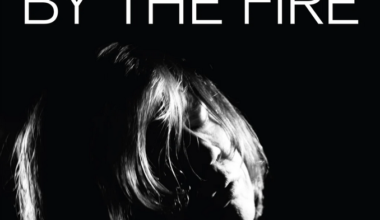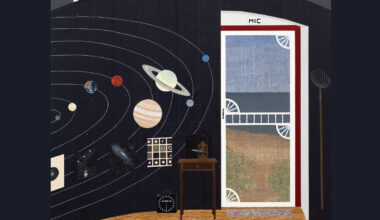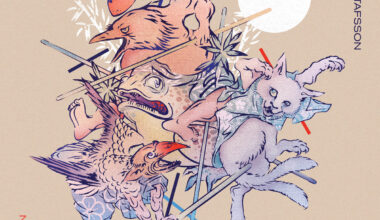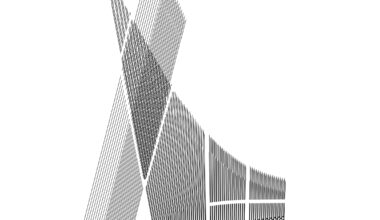Californian artist Alvidrez takes on this month’s quick-fire questions
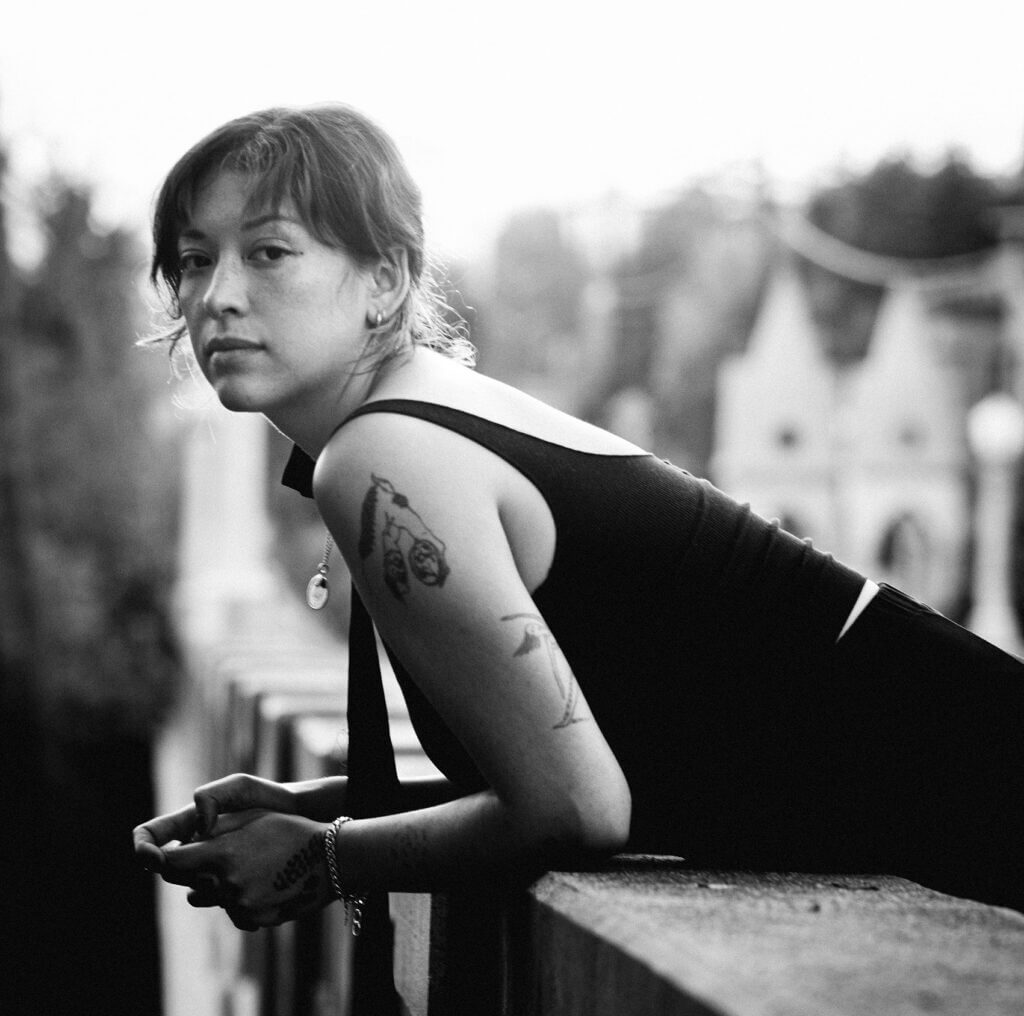
Hello Alvidrez! Where are you right now and what can you see?
“I’m in a dystopian office building, looking at Excel spreadsheets, like the true businessman I am.”
We’re big fans of ‘Antiphon’, your debut album. Had you been making music for long, prior to this release?
“I’ve played piano since I was teeny tiny. I started playing in bands when I was 18 and have never looked back. I really only began making solo music in 2018 – mostly garbage songs on GarageBand with a terribly scratchy mic.”
The album explores your evangelical upbringing and subsequent religious renunciation. That sounds like a heavy emotional undertaking
“Absolutely. I was raised in an evangelical church and was fully involved in Sunday school, youth groups and the worship band. I was a firm believer in biblical teachings. The whole thing is based on the tenet that people are depraved and deserve eternal punishment without God, but I just didn’t believe that to my core. I really think humans are wonderful and complicated.
“Once I left, my world kind of crumbled beneath me. It suddenly became so much bigger than my previous understanding of it. This album is kind of an ode to the process of finding the beauty in being lost, and being okay with not knowing.”
Reckonings with faith seem common in popular music – Depeche Mode’s ‘Personal Jesus’, Aretha Franklin’s ‘Amazing Grace’, Leonard Cohen’s ‘Hallelujah’… why do you think that is?
“Well, faith can be a driving force for people. It can be so powerful. It adds purpose and can be a manual for how to be. Having a connection to something outside of yourself along with a community to lean on can be a beautiful thing. There’s always the question of ‘Am I doing the right thing? What am I doing? Why am I doing this?’. Reconciling your beliefs and your doubt requires so much philosophical upheaval. I don’t want to be existential all the time.”
One of the most beautiful things about music is the way it brings people together. You found solace in rock bands, right?
“Yes, definitely. I fell in love with the closeness of my music communities. It was always friends making and playing music for each other just for the love of it. It felt the same as going to church. Collective effervescence.”
You moved to Glasgow to study creative writing and you’ve also written a book of poetry. Can you share a few lines of a poem you think we’d like?
“I would like to unpeel. / I would like a drink of heaven. / Not because I am thirsty but because I miss the taste. / What did we do before we discovered heaven? Ate it from the ground?”
Not many people would trade the beaches and sunshine of California for the grey skies of Scotland! What does Glasgow have that California doesn’t?
“Trains – no driving. Good ‘craic’. Hairstylists that understand curly hair. Best gigs in town at The Old Hairdresser’s. I love that I can walk outside my door and run into almost everyone I know here. I love Glasgow, but I do miss the sunshine. I’m the palest I’ve ever been in my life.”
You recorded ‘Antiphon’ at Glasgow’s Green Door Studio. How was that?
“It was brilliant. I worked with Ronan Fay, and he understood the vision and produced the hell out of it. He taught me a lot about producing, which I value so much. He’s a whizz and has been such a champion of the album.”
Much of the album was written on an “old honky-tonk-sounding piano” that you bought for 20 quid. Does the instrument have a special place in your heart now?
“Oh yes. It reminds me of a piano my grandparents used to have in their living room when I was a kid. It has a weird creepy feeling, possibly because it’s tuned half a step down – a nightmare to record with, but I love her. I’m desperately using it now just to re-learn how to play ‘Rhapsody In Blue’.”
‘Be Thou My Vision’ feels more electronic and ominous, while ‘Hymn For The Corner’ sounds like dreamy sacred pop. Is the contrast deliberate?
“I think it just happened that way naturally. ‘Be Thou My Vision’ is a favourite hymn. I recorded it in a subdued way initially, with the full intention that it would be calming and beautiful. I sent it to my dad, and he said, ‘I don’t know why it sounds so creepy’. So I said, ‘Fine, I’ll make it creepier’. I don’t think he’ll like the new version.”
‘Hymn For The Corner’ came about after a conversation you had with a friend at St Giles’ Cathedral in Edinburgh?
“We sat on a pew, fixated on the sheer height of the stained glass, watched the tourists passing by and lit prayer candles. We grew up in similar religious environments and shared stories about our mutual experiences of loss of community and faith. She’s one of the only friends I have that I can wholly and completely relate to in that aspect.”
We can hear touches of This Mortal Coil, Cocteau Twins and Cindy Lee. Did you have any other musical reference points?
“Cindy Lee was a big one for me. Also, Grouper, Anna Von Hausswolff, and old hymns sung by massive acapella choirs.”
You talk about being inspired by “everyday revelations”. Care to expand?
“I think it’s just finding a sense of connectedness in the small stuff. It’s not an active search for truth, but happening upon it as the day unfolds. The beer cans on the cement. Sitting around a bonfire with friends. The dirt. The look in someone’s eye that shows you they love you. I don’t know how to explain it without being overly poetic.”
What does “holiness” mean to you now?
“I can’t bring myself to answer this without sounding woo-woo spiritual. I think I may just plead the fifth…”
‘Antiphon’ is released by Memorials Of Distinction
